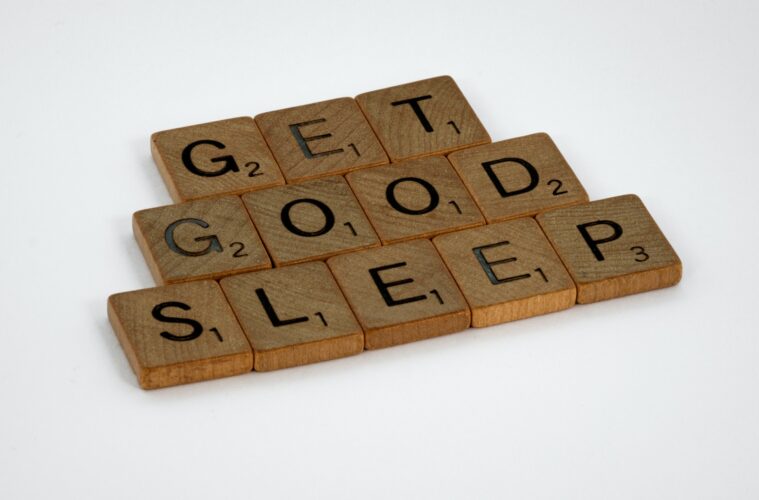Alcohol is one of the most commonly consumed psychoactive substances in the world. Many people turn to alcohol as a means of relaxation and stress relief, believing it can help them sleep better. However, the relationship between alcohol and sleep is far more complex than meets the eye. While a nightcap may initially make you feel drowsy, it can significantly disrupt your sleep cycle and result in a night of poor, fragmented rest. In this article, we will explore the intricate connection between alcohol and bad sleep, shedding light on the reasons why consuming alcohol can lead to a restless night.
The Initial Sedative Effect
It’s true that alcohol can have a sedative effect, which is why some individuals believe it helps them fall asleep faster. This effect is largely due to alcohol’s impact on the central nervous system, which causes a general slowing of brain activity. However, it is crucial to distinguish between falling asleep and achieving restorative, high-quality sleep. While alcohol might make you drowsy, it can hinder your ability to enter the deeper stages of sleep that are essential for feeling refreshed and rested.
Disruption of Sleep Architecture
Sleep is a complex process with distinct stages, and these stages play different roles in physical and mental restoration. Alcohol consumption disrupts this intricate sleep architecture. It reduces the amount of time you spend in rapid eye movement (REM) sleep, which is associated with vivid dreams and emotional processing. It also disrupts slow-wave sleep (SWS), the deep, restorative sleep crucial for memory consolidation and physical recovery. As a result, people who consume alcohol before bed often wake up feeling groggy and fatigued, despite spending enough time in bed.
Increased Wakefulness
Alcohol can lead to frequent awakenings during the night, which can severely impair your sleep quality. It interferes with the brain’s ability to regulate its sleep-wake cycle, causing individuals to wake up more often. Even if you don’t remember waking up, these disturbances can be enough to prevent you from reaching the restorative stages of sleep. Consequently, you might spend more time in light, non-restorative sleep, leading to feelings of fatigue the next day.
The Rebound Effect
As alcohol is metabolised by your body, it can lead to what’s known as the “rebound effect.” While it initially induces sleepiness, as the alcohol is processed, its stimulant properties kick in, causing you to wake up or experience disrupted sleep. This phenomenon is often cited by people who have experienced a “hangover” after a night of drinking.
Sleep Apnea and Snoring
Alcohol’s impact on sleep extends beyond the disruptions in sleep architecture. It can also exacerbate sleep-related breathing disorders, such as sleep apnea, or lead to snoring. Alcohol relaxes the muscles in your throat, increasing the likelihood of airway obstruction and interrupted breathing during the night. This can lead to frequent awakenings and decreased oxygen levels in the blood, which are detrimental to overall health.
Alcohol and Insomnia
Regular alcohol consumption can also contribute to the development of insomnia. This condition is characterised by difficulty falling asleep, staying asleep, or both. As the sedative effect of alcohol wears off, the rebound effect can make it challenging to fall back asleep, resulting in prolonged periods of wakefulness during the night.
Long-Term Consequences
The cumulative impact of alcohol on sleep can have severe long-term consequences. Chronic poor sleep quality is linked to an increased risk of various health problems, including cardiovascular disease, obesity, and mental health disorders. It can also impair cognitive function, memory, and decision-making. Thus, it is essential to recognise the long-term health risks associated with consuming alcohol before bed.
Conclusion
While alcohol may seem like a quick fix for sleep-related issues, it ultimately disrupts the natural sleep cycle, impairs sleep quality, and contributes to a host of health problems. If you value the quality of your sleep and overall well-being, it’s essential to reconsider the habit of using alcohol as a sleep aid. Instead, you may want to explore other, more effective strategies for improving sleep, such as practicing good sleep hygiene, maintaining a regular sleep schedule, and managing stress in healthier ways. Ultimately, the key to a good night’s sleep lies in prioritising your health over momentary relief.




